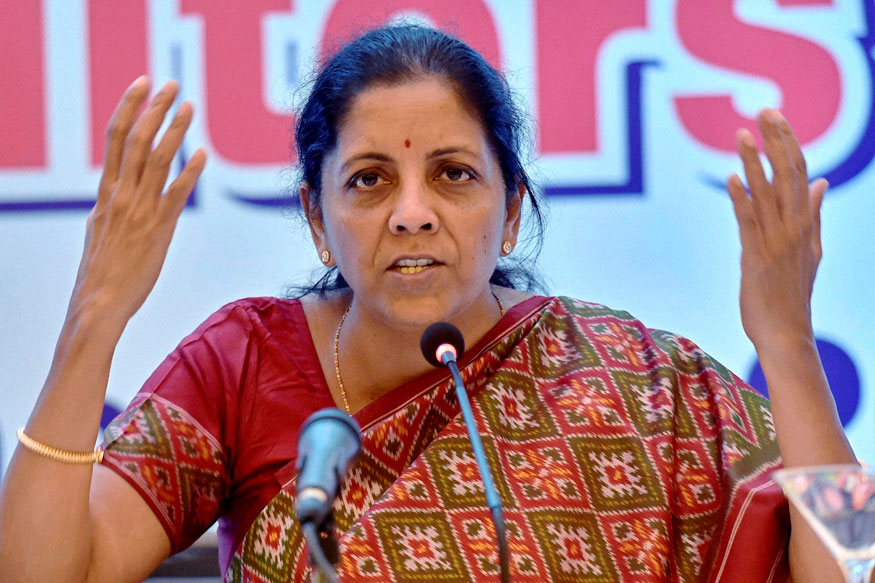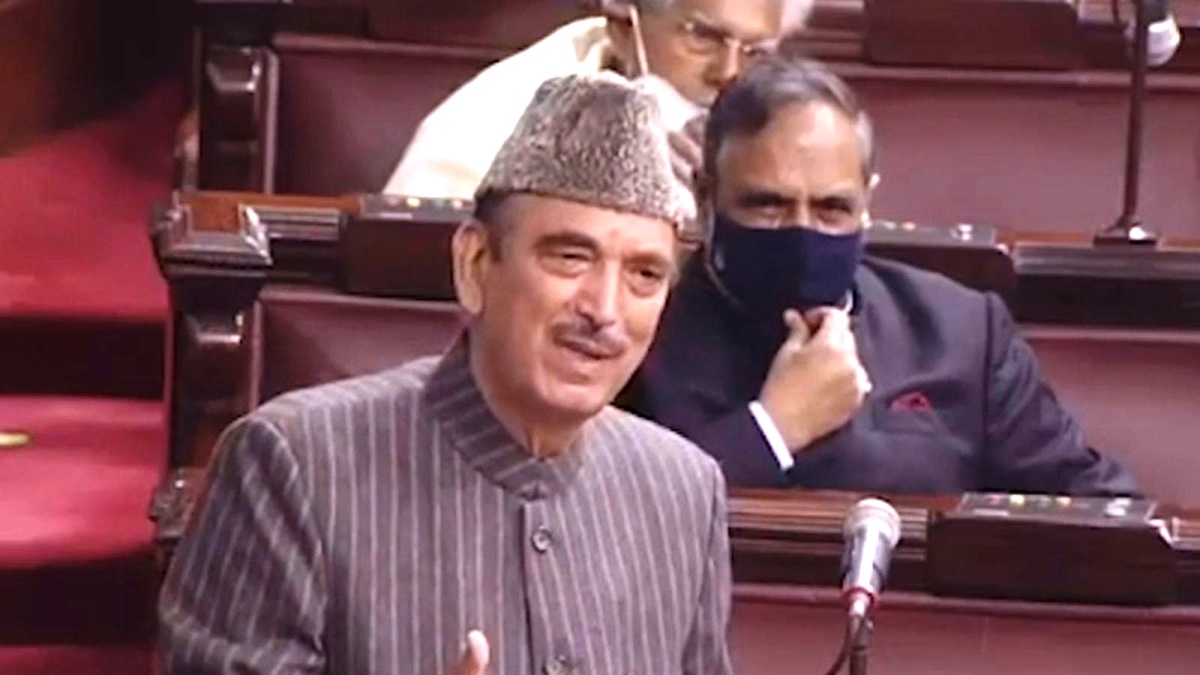This diplomatic cable sent by US’s Delhi mission to Washington in August 2011 offers an analysis of the diplomats on the Afzal Guru issue after the apex court exonerated some of the accused in the Parliament attack case.
Reference ID Created Released Classification Origin
05NEWDELHI6213 2005-08-10 11:39 2011-08-30 01:44 CONFIDENTIAL Embassy New Delhi
This record is a partial extract of the original cable. The full text of the original cable is not available.
C O N F I D E N T I A L SECTION 01 OF 03 NEW DELHI 006213
SIPDIS
E.O. 12958: DECL: 07/27/2015
TAGS: PTER PGOV PREL PHUM KJUS IN PK
SUBJECT: INDIAN SUPREME COURT VERDICT IN 2001 PARLIAMENT
ATTACK AVOIDS MAJOR KASHMIRI BACKLASH
Classified By: PolCouns Geoff Pyatt for Reasons 1.4 (B, D)
¶1. (C) Summary: The Indian Supreme Court upheld the death sentence for Mohammad Afzal, reduced a death sentence to 10 years imprisonment for Shaukat Hussain, and acquitted Navjot Sandhu (aka: Afsan Guru), and SAR Geelani (of whom three are Kashmiris) in connection with the spectacular December 13, 2001 attack on Parliament. Our contacts in the counter terrorism community say there is “no doubt” that all four were involved in the conspiracy, yet some were acquitted because much of the evidence against them was ruled inadmissible in court, even on flimsy grounds. Separatist Kashmiris branded the guilty verdicts as “tyranny” and called for a well-observed general strike in Srinagar on August 8.
Hard-line Hurriyat leader Syed Ali Shah Geelani used the rally to reiterate his uncompromising position in addressing over 30,000, including many from Afzal’s home town, who attended one of the largest Srinagar demonstrations in many years. The court verdict found the middle path: security hawks were mad that three escaped the gallows, while some radical Kashmiris were mad that one did not. Politically, it was an astute — if not courageous — verdict. The court pulled its punches to close a dark chapter in India’s long fight against terror while avoiding inflaming Muslim sentiments.
End Summary.
Background: Three Escape, One will Hang
¶2. (U) On August 4, the Supreme Court upheld the death sentence for Afzal, commuted the death sentence of Shaukat Hussain Guru, and acquitted Geelani and Sandhu (Shaukat Hussain’s wife) for their roles in the 2001 terrorist attack on India’s parliament. The four suspects, three of whom are Kashmiris and one of whom is a Delhi University professor — were arrested in December of 2001 and found guilty in December 2002. Three were originally arrested under the Prevention of Terrorism Act (POTA), but all were eventually tried under the Indian Penal Code for “waging war against India.” Professor Geelani appealed the case to the Delhi High Court, and, in a surprise decision, the court acquitted Geelani and Afsan but upheld the death penalty against the other two. Following the High Court’s ruling, the Delhi
Police appealed the decision to the Supreme court, resulting in the August 4 final verdict.
Security Contacts: Guilty, POTA or Not
¶3. (C) Executive Director of the South Asia Terrorism Portal Ajai Sahni believed all were guilty of conspiracy in the Parliament attack, but that strict evidentiary rules kept vital wiretap information out of the courts. Asked if the results would have been different if POTA legislation were still in place, as suggested by BJP leaders, he answered that it would not have made a difference. Sahni argued that
special legislation, such as the Terrorist and Disruptive Activities Act (TADA) and POTA, has not been successful in getting convictions, especially in conspiracy cases.
“POTA-like legislation is not as all-powerful as people think. The first conviction under TADA was in 2001, 12 years after the start of the insurgency in Kashmir,” observed Sahni. He claimed that by the end of 2004, there were only 64 convictions under TADA, mostly on weapons charges, and not a single conviction with a death penalty. (Comment: These numbers disagree with what we hear from human rights activists, who estimate 1000 convictions under TADA. End Comment) He asserted that BJP complaints that the removal of POTA allowed Geelani and Sandhu to be set free are groundless.
A Dreadful Court System
¶4. (C) Incredible backlogs, strict rules of evidence and a judiciary that is unwilling to try terrorist cases out of fear of reprisal has hog-tied the Indian legal system, Sahni lamented. He highlighted that a recording of Geelani justifying the attack was found inadmissible, solely because the prosecution mislabeled the duration of the tape.
Discussing the overall legal system in Kashmir, he stated that judges are not willing to try terror cases out of fear of reprisal. The judges often tell police officers not to bring terrorist cases to court and to solve them “by other means,” he reported. This unofficial policy leads to encounter killings. However, he noted that in relation to the size of the conflict in Kashmir, the number of encounter killings is actually quite low.
Human Rights Activist: The Correct Decision
¶5. (C) Director of the Asian Center of Human Rights Suhas Chakma welcomed the decision to acquit Sandhu and Geelani, stating that there was never enough evidence to prove they were involved. He commented that the HR community would protest the death sentence for Afzal only on the grounds that they believe the death penalty is morally wrong. He noted the rumor among lawyers associated with the case that Afzal’s lawyer did not “do his homework,” and might have won the case with better effort. However, he contradicted this by saying many HR observers acknowledge that Afzal was involved in planning the attack and were not surprised by the verdict.
Kashmiri Media: Some Anger, but Overall Indifference
¶6. (C) Kashmir-based reporter Izhar Wani of the Asia Free Press told us on August 8 that the strike protesting the Supreme Court verdict called for by both moderate and hard-lined Hurriyat groups, was well-observed and that schools, businesses, and government offices remained closed all day in Srinagar Editor Tahir Mohi-ud-din of the Urdu language periodical Chattan noted that hard-line separatists called the decision a “tyranny” and said a hard-liner like Hurriyat leader Ali Shah Geelani had capitalized on the verdict to rouse his supporters and repeat the litany of complaint against India. However, he predicted that the anger would soon fizzle as people went back to their daily lives. He concluded that it “is hard to judge the people’s true sentiments by the strike.” Wani noted that many people from Afzal’s hometown of Sopore attended Geelani’s August 7 rally in Srinagar but “in general, people are indifferent,” and many believe that Afzal was involved and were as a result not surprised by the verdict.
Comment: Court Takes Middle — not Courageous — Path
¶7. (C) The extent to which the August 8 strike in Srinagar was widely supported by both moderate and hard-line factions of the Hurriyat demonstrates that the plight of the four accused still resonates in the Valley. However, attempts to use the verdict to fuel further unrest in the area will likely be unsuccessful, as Kashmiris go back to their day-to-day lives. A ruling handing down death sentences to all four risked inflaming communal tensions, yet, sparing all also risked outraging the general public across India.
Closing its eyes, perhaps, to what it knew to be true, the court took the middle path, thereby attempting to end a dark chapter in India’s long battle with terrorism and pour oil on troubled waters in the Kashmir valley. End Comment.
BLAKE















